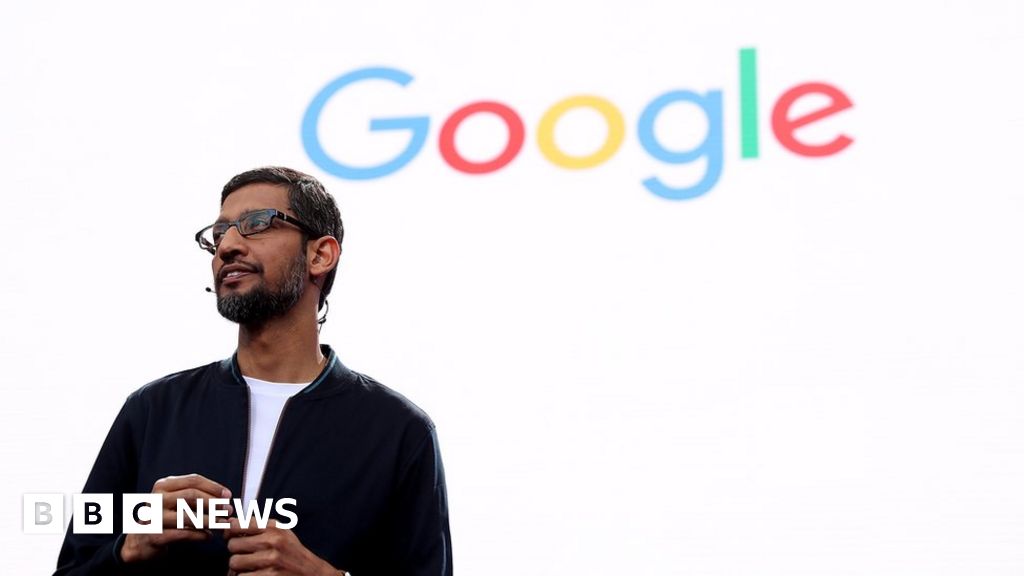
The first commercial flight of the Qantas Boeing 787 Dreamliner aircraft on December 15, 2017 in Melbourne, Australia.
James D. Morgan | Getty Images
Qantas Airways completed a 19 hour 19 minute non-stop test flight from London to Sydney on Friday as it nears a decision on whether to order planes for what would be the world's longest-ever commercial route.
"We saw a double sunrise," Qantas Chief Executive Alan Joyce said after stepping off the flight, which followed a similar one from New York to Sydney last month.
The event included speeches from Australian Prime Minister Scott Morrison and Qantas Chairman Richard Goyder.
Qantas has named the project "Project Sunrise" after the airline's double sunrise endurance flights during World War Two, which remained airborne long enough to see two sunrises.
The plane on the London-Sydney research flight, a Boeing 787 Dreamliner, carried 50 passengers and had fuel remaining for roughly another 1 hour 45 minutes of flight time when it landed.
The airline needs to get pilots to agree on contract terms and a sign-off from Australia's aviation regulator to launch the flights by 2023.
Qantas has been considering an order for either an ultra-long range version of Airbus SE's A350-1000 or the Boeing Co 777-8, although the latter plane's entry into service has been delayed and so Boeing has put together an alternative offer to deal with that.
Captain Helen Trenerry, who led the test flight, said before takeoff on Wednesday that research data including activity monitoring, sleep diaries, cognitive testing and monitoring of melatonin levels would help determine whether the crew mix of one captain, one first officer and two second officers was appropriate or if more people were needed.
She said she would be happy to fly Sydney-London or Sydney-New York but would prefer regulations that limited the trips to around one a month for pilots because "they will be very, very long flights and fatiguing over the long term".
Mark Sedgwick, the president of the Australian and International Pilots Association representing Qantas pilots, said on Friday the research flights were "a step in the right direction" but the data set was probably too limited to inform broader fatigue management plans.
Citi analysts consider the ultra-long range flights to be a game-changing opportunity for the airline as it looks to capture a premium from travelers in return for cutting out a stop-over.
In a note to clients published in July, they forecast non-stop flights from Sydney to London and New York could add A$180 million annually to the carrier's profit before tax, which was A$A1.3 billion in the financial year ended June 30.
Qantas is due to hold an investor briefing on Tuesday where it could provide guidance on future capital spending plans.
The London-Sydney flight came as the airline on Friday kicked off celebrations for its 100th year of service next year.
The 787-9 with a limited number of passengers used on the research flight had a livery celebrating Qantas' centenary.
https://www.cnbc.com/2019/11/15/qantas-completes-double-sunrise-test-flight-from-london-to-sydney.html
2019-11-15 05:05:00Z
52780436841241

